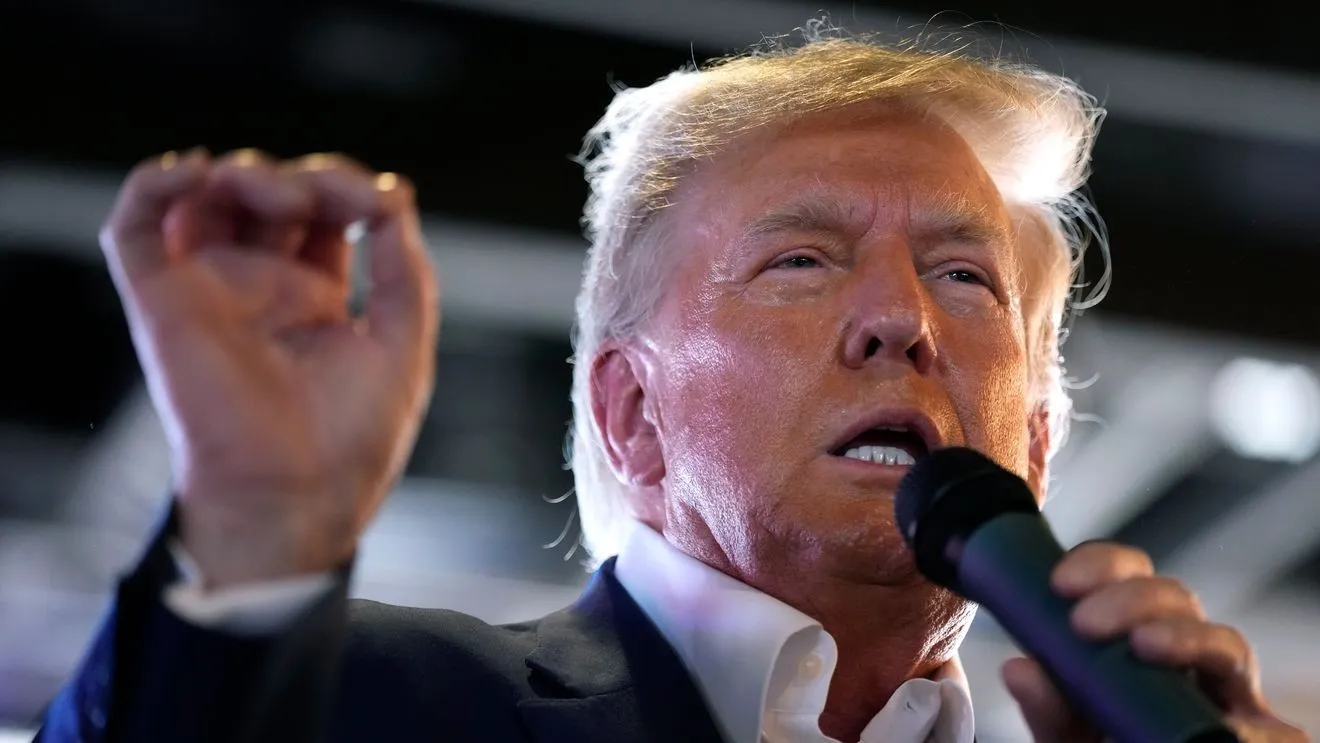Trump’s Bold Move: Introducing the Controversial External Revenue Service
In a surprising political maneuver, former President Donald Trump has proposed a groundbreaking agency that promises to reshape the United States’ approach to international trade and revenue collection. The External Revenue Service (ERS) represents a radical departure from traditional taxation methods, sparking intense debate among economists, political analysts, and trade experts.
Trump’s proposed agency aims to fundamentally transform how the United States generates federal income. By prioritizing tariffs over traditional income tax revenue, the ERS could potentially mark a significant shift in economic policy. The announcement has sent ripples through political and economic circles, generating both excitement and concern.
Key Details of the Proposed Agency
The proposed External Revenue Service would focus on several critical objectives:
- Collect tariffs from foreign nations
- Replace traditional income tax revenue streams
- Prioritize American manufacturing interests
- Enhance revenue collection from international trade
“We’re going to make foreign entities pay their fair share,” Trump reportedly stated during a recent campaign event. The proposed agency would charge substantial tariffs on imports, with potential rates including:
- 25% tariff on goods from Mexico and Canada
- Up to 60% tariffs on Chinese imports
- Significant levies on other international trading partners
Economic Implications and Potential Challenges
Economists are deeply divided about the feasibility and potential consequences of the ERS. Supporters argue that the agency could streamline revenue collection and protect domestic industries. Critics, however, warn of potential negative repercussions, including:
- Increased consumer prices
- Potential international trade disputes
- Risk of retaliatory tariffs from affected countries
The proposed agency aligns closely with Trump’s long-standing economic strategy of “America First”. By emphasizing domestic manufacturing and reducing reliance on foreign imports, the ERS represents a continuation of his previous administration’s trade policies.
Operational Framework and Timeline
Trump has indicated that the External Revenue Service would begin operations on January 20, 2025, coinciding with his potential inauguration. The agency would work alongside existing federal departments like U.S. Customs and Border Protection, potentially creating a more aggressive approach to international trade revenue collection.
Potential Operational Challenges
Analysts have raised several questions about the ERS’s practical implementation:
- How will it interact with existing revenue collection agencies?
- Can it effectively operate without causing significant trade tensions?
- What legal frameworks would support its establishment?
Global Economic Reactions
International trade partners are closely monitoring the proposal. Many economists predict potential retaliatory measures if the ERS imposes aggressive tariffs. The agency could fundamentally redefine global economic relationships and challenge existing international trade norms.
Consumer and Market Impact
The most immediate concern for many Americans is the potential impact on consumer prices. Higher tariffs typically translate to increased costs for everyday goods, potentially offsetting any revenue gains from the new agency.
Expert Perspectives
Renowned economists have offered mixed perspectives:
“The ERS represents a bold but potentially dangerous approach to international trade.” – Dr. Emily Rodriguez, Economic Policy Analyst
“This could be a game-changing strategy for protecting American economic interests.” – Professor Michael Chen, Trade Economics Expert
Conclusion
The External Revenue Service remains a controversial proposal that challenges traditional approaches to taxation and international trade. While its ultimate impact remains uncertain, it demonstrates Trump’s continued commitment to reshaping America’s economic strategies.
As debates continue, one thing remains clear: the ERS has captured the attention of policymakers, economists, and citizens alike, promising a potentially transformative approach to federal revenue generation.
Disclaimer: This article represents an analysis of the proposed concept and does not constitute financial or political advice.






Leave a Comment